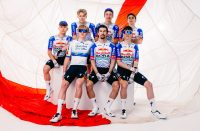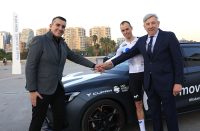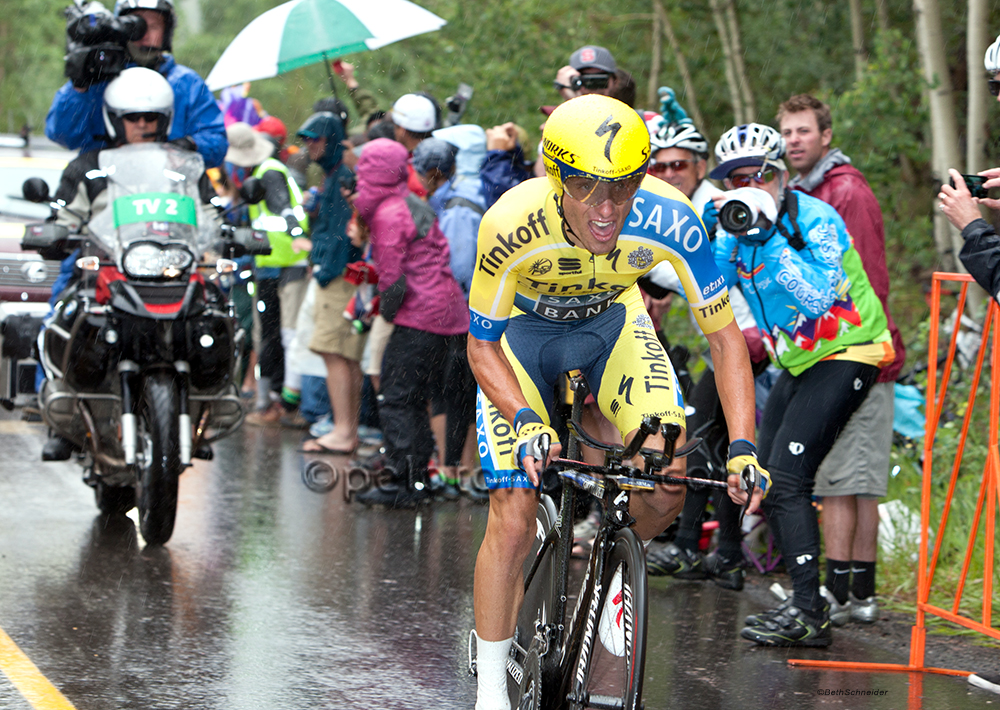
Warsaw, 24 October 2025
“He was my mentor and role model for all young talents. This is a man you should follow,’ said the legendary Tadej Pogačar of Rafał Majka. This farewell from the winner of the 2014 Tour de Pologne, delivered by today’s most outstanding cyclist, perfectly illustrates how much Majka meant to the global peloton.
Majka retired with a wardrobe full of medals, but if one were to gather in a single place all the trophies he helped his leaders and teams win, even a three-room apartment might not suffice. He triumphed alongside them in the world’s biggest races, yet he always emphasized that the most special emotions awaited him on Polish roads.
He first competed in the Tour de Pologne in 2011. Over the next 15 years, he returned to his home roads ten times. “I can’t guarantee victories,” he once said. “But I can promise that whenever Majka is in the Tour de Pologne, there will always be a show — and fun.”
“I’ve never experienced anything like the Tour de Pologne in 2014,’ he recalled a few months after his victory. “Fans lined every metre of the route, shouting “Rafał”, “Majka”. I’d always dreamed of racing in front of my loved ones and friends. Winning in front of them was indescribable.”
Life wasn’t easy in 2014. He arrived in Poland as a national hero, fresh from his performance in the Tour de France that had made him famous across the country. Twenty-one years after Zenon Jaskuła, he won a stage in the Alps — and shortly afterwards, another in the Pyrenees. He landed in Warsaw with the King of the Mountains helmet — the red polka-dot symbol of his triumph — attached to his backpack. He was greeted by cameras and a crowd of journalists. “I don’t know how much fuel is left in my legs,’ he said, winking, ‘but I’ll do my best to keep them turning in the Tatras too.’
The race started in Gdańsk, where Majka was welcomed by crowds of people wearing red polka-dot jerseys and shouting, ‘Go, go!’ — the famous catchphrase of Eurosport commentators, Tomasz Jaroński and Krzysztof Wyrzykowski. The Polish rider handed out thousands of autographs and adopted a strategic approach, waiting for his chance in the mountains. The entire Tinkoff–Saxo team was focused on his success. Before the fifth stage from Zakopane to Štrbské Pleso, they set a fierce pace and planned Rafał’s attack for the final metres — a plan which he executed perfectly. Once again, the Polish cyclist won the Tour de Pologne, 11 years after his previous victory. Fans were ecstatic, and Majka’s triumph made front-page news.
The next day in Bukowina, he struck again, winning the second stage. Just 24 hours later, he celebrated an overall victory, becoming the first Polish rider to do so in the World Tour era.
Majka never forgot the Tour de Pologne after that triumph. He returned to Polish roads whenever his race schedule allowed, unless it clashed with the Olympic Games or the challenging combination of the Tour de France and the Vuelta a España. In tribute to Rafał, the organisers sometimes planned stages to pass through his hometown of Zegartowice, where the peloton was welcomed by his first coach, Zbigniew Klęk, and his protégés from the Krakus Swoszowice club.
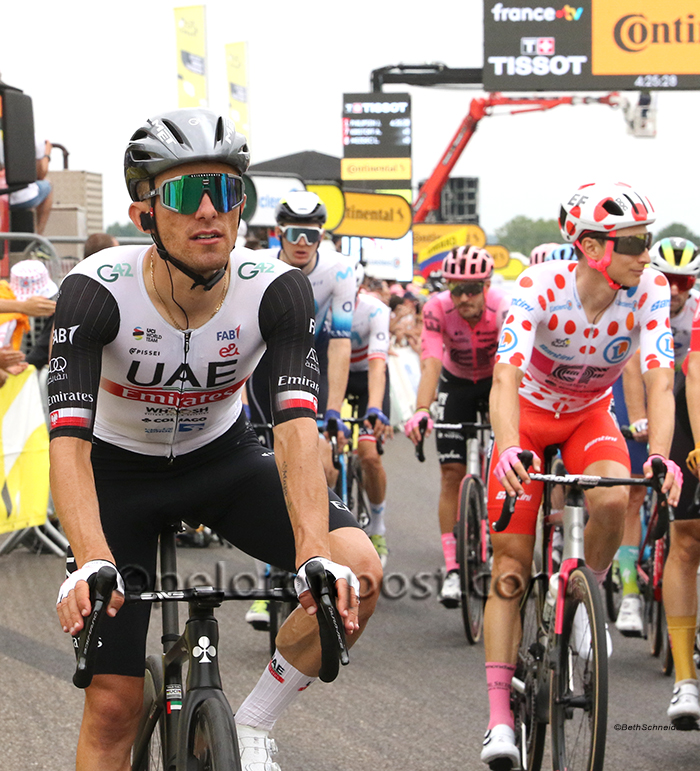
Over time, the race became a family festival for the Majkas. First his daughter Maja, and later his son Oliwier, joined him on the podium, while his wife Magda watched proudly from the sidelines.
“This is a special place for me and it’s hard to say goodbye,’ Majka said a few months ago at the Wieliczka finish, after watching a film made in his honour. “This certainly won’t be the last time we see each other. I’ll always come back here with joy, just not on a bike anymore.”
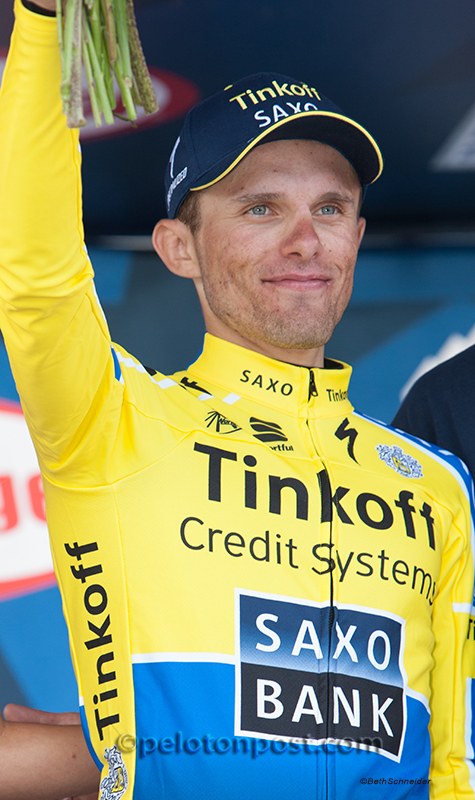
Polish fans will never forget Rafał Majka and his fighting spirit.

